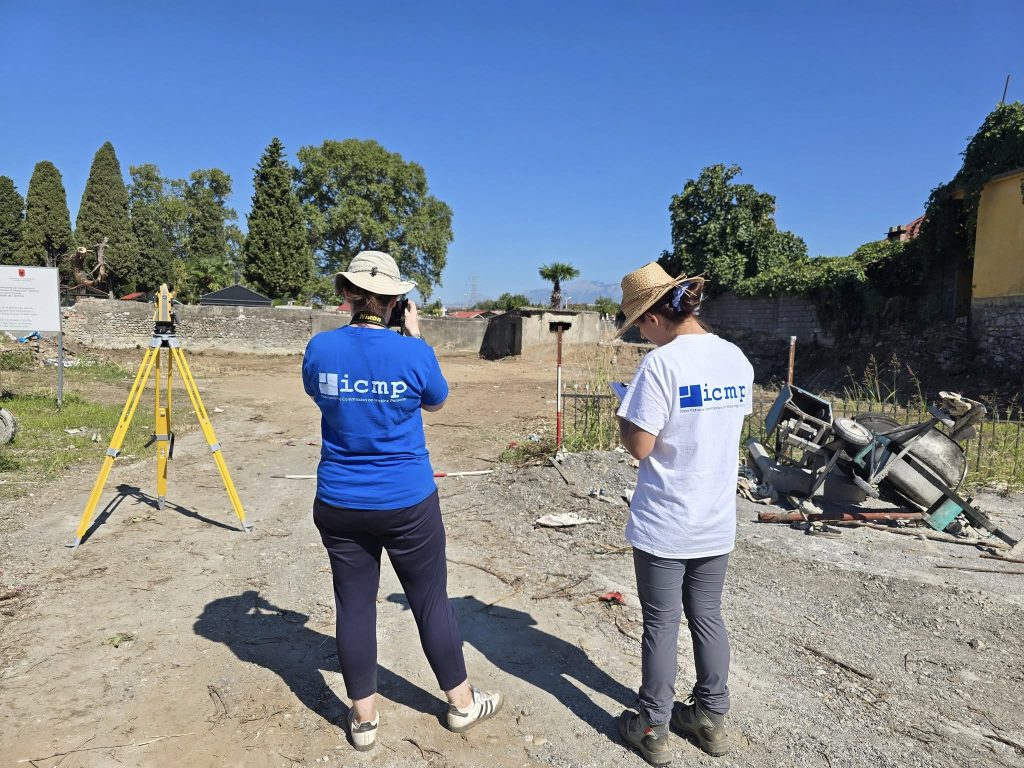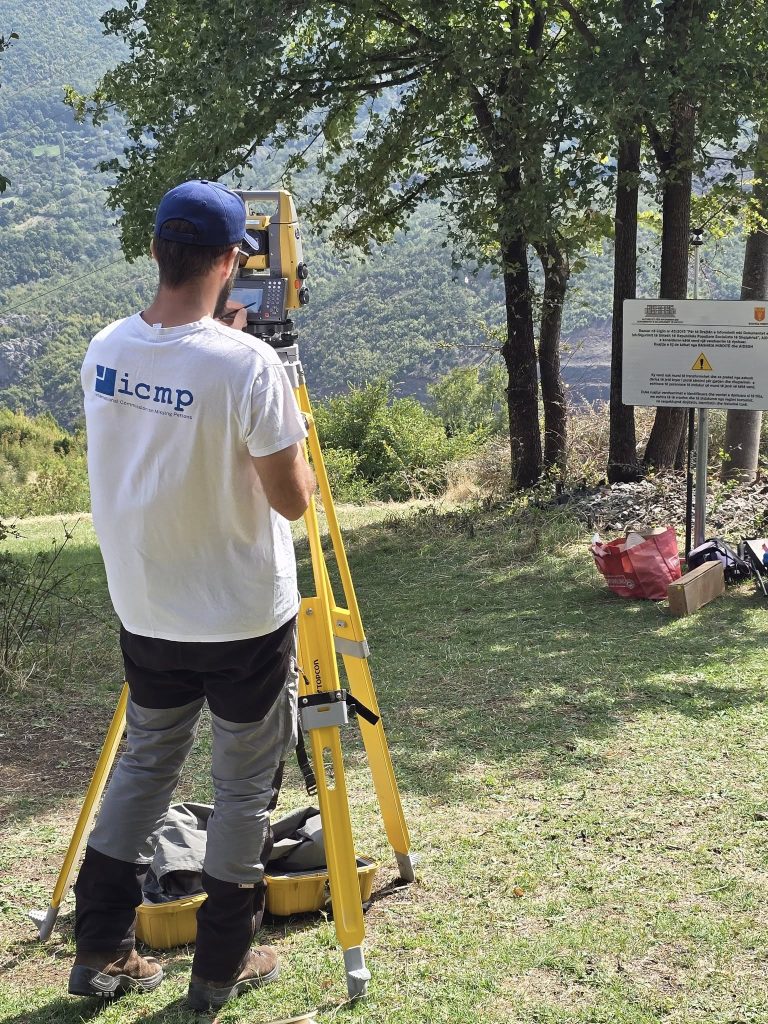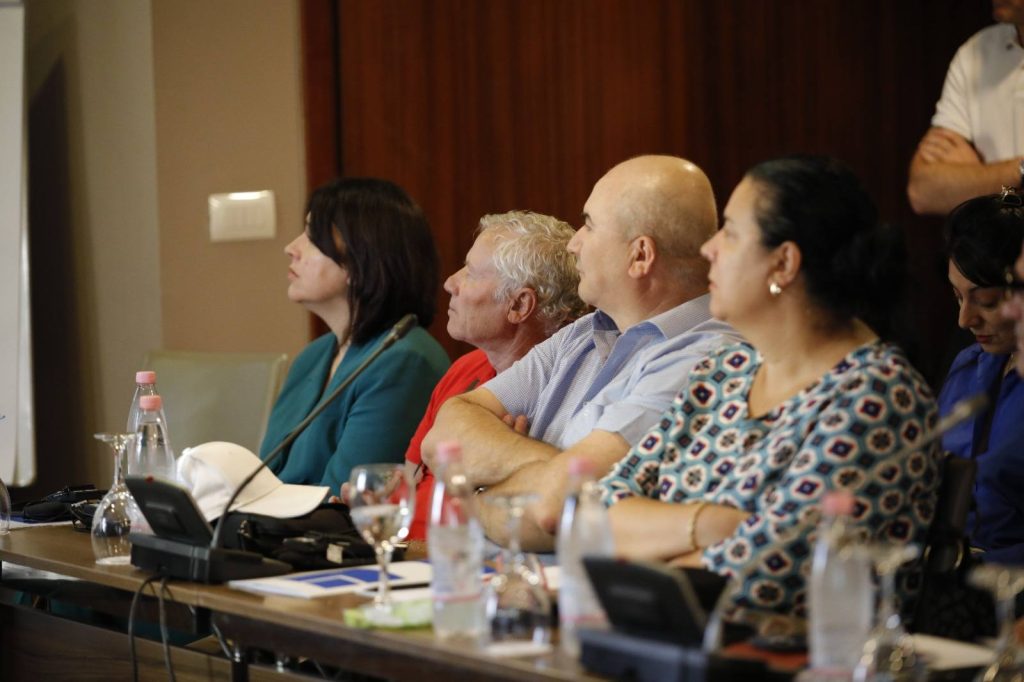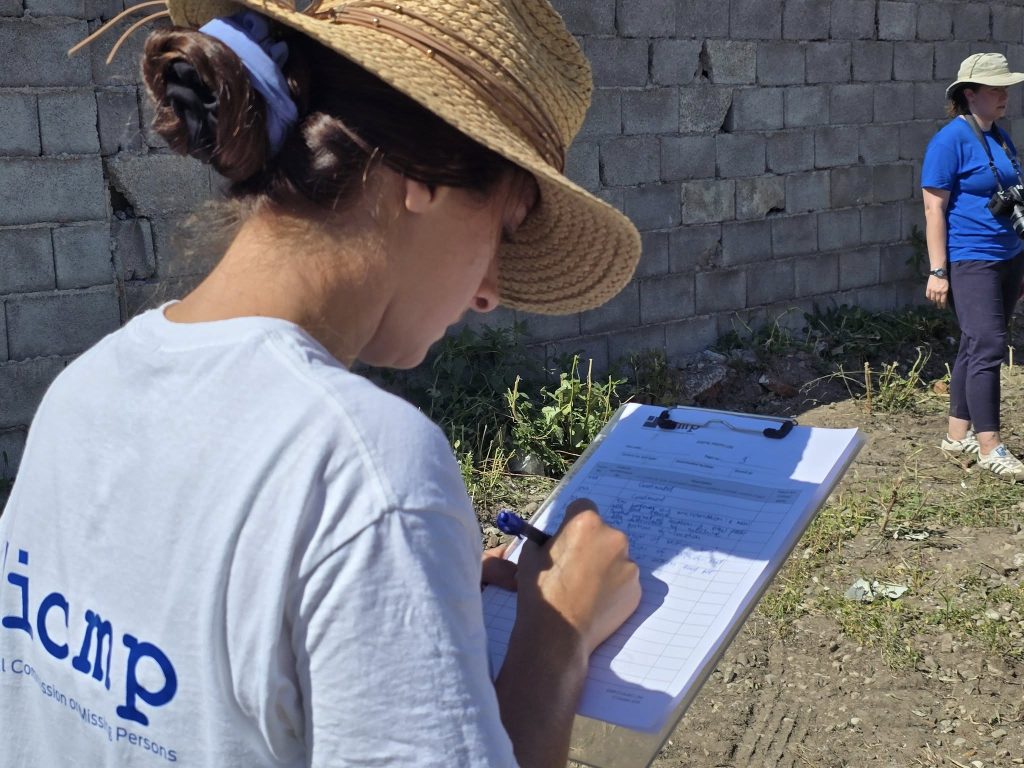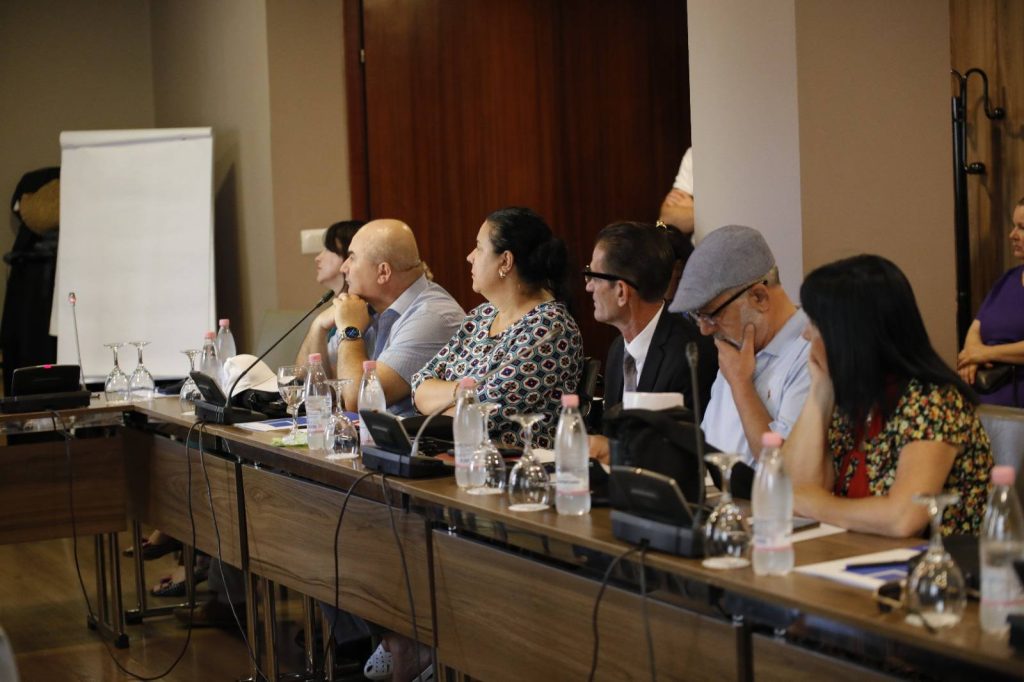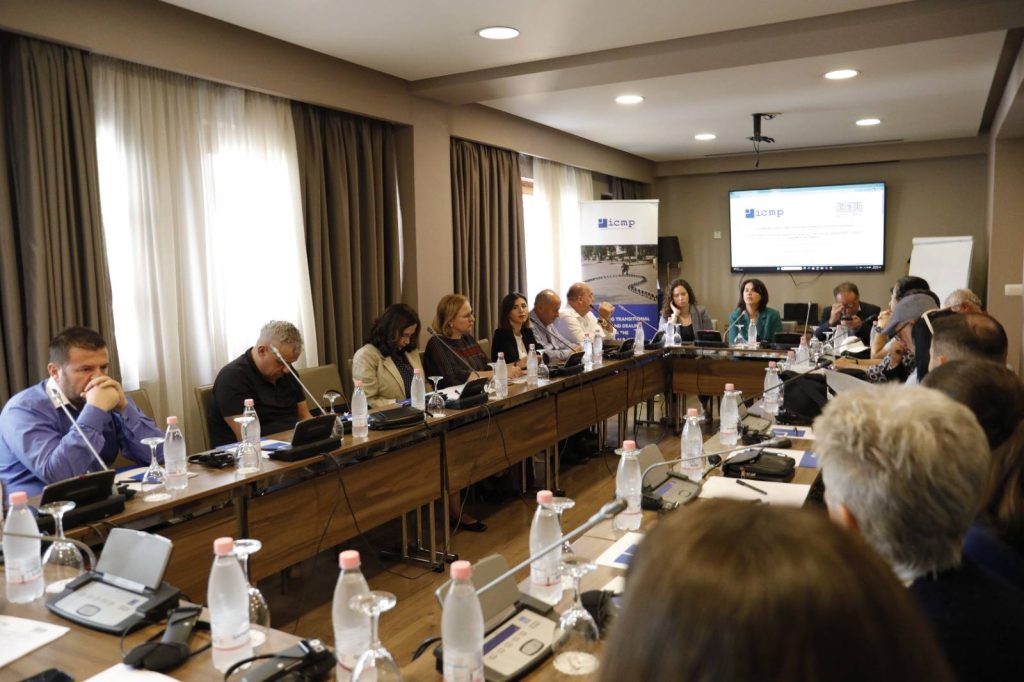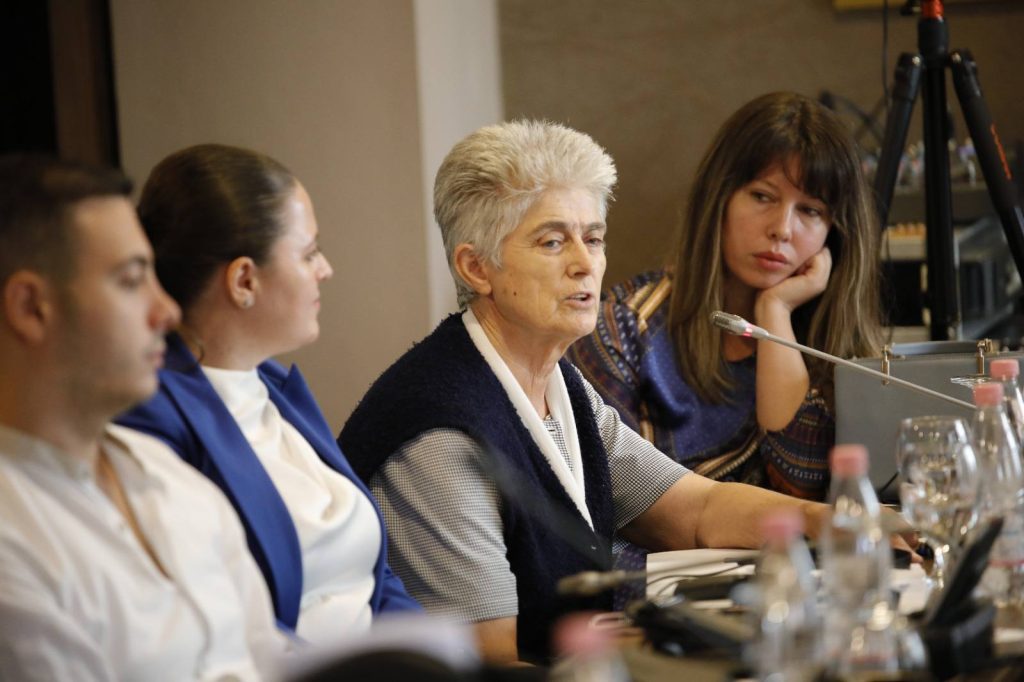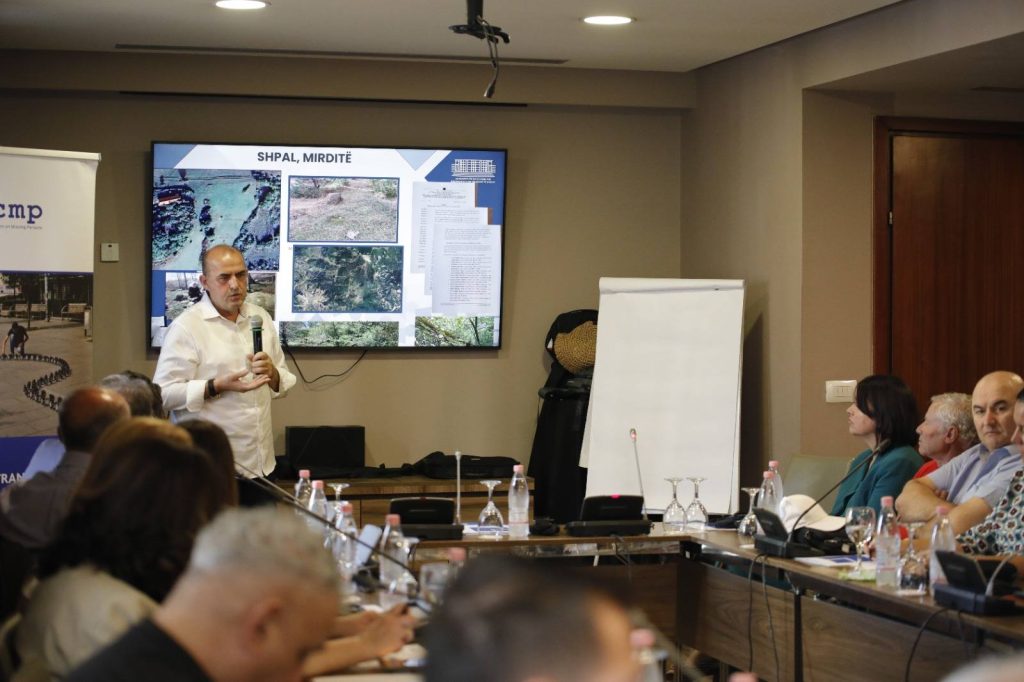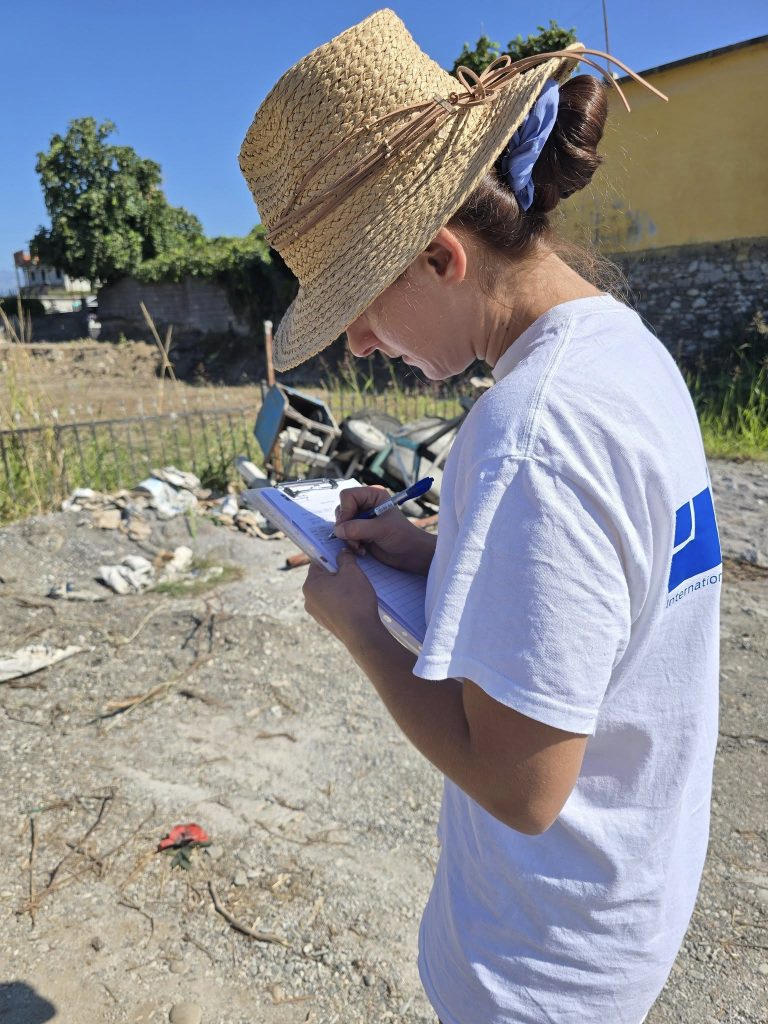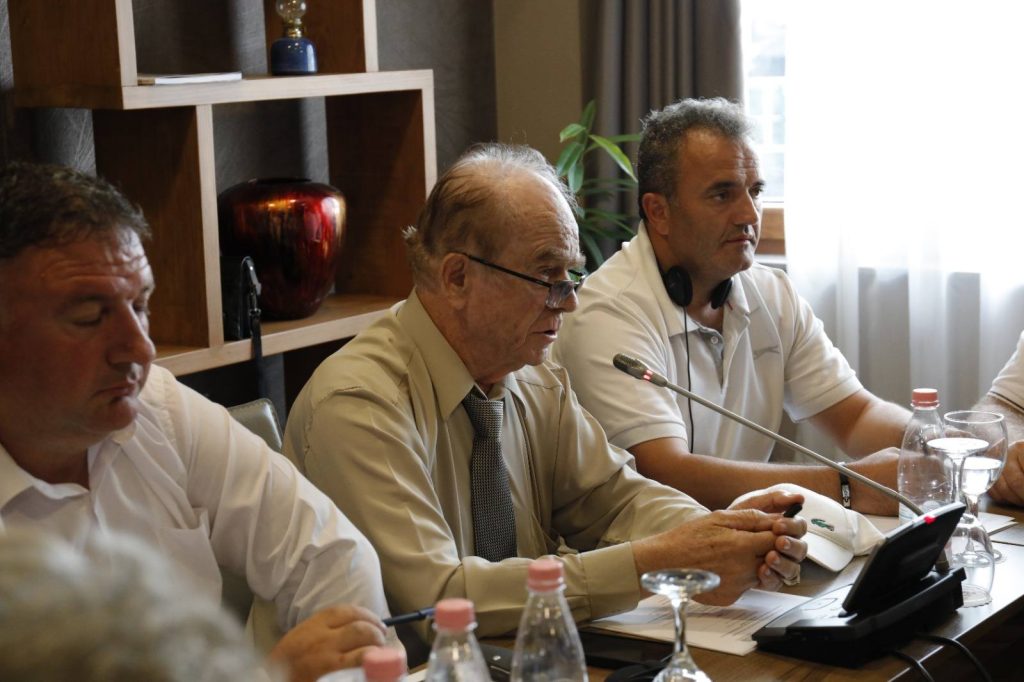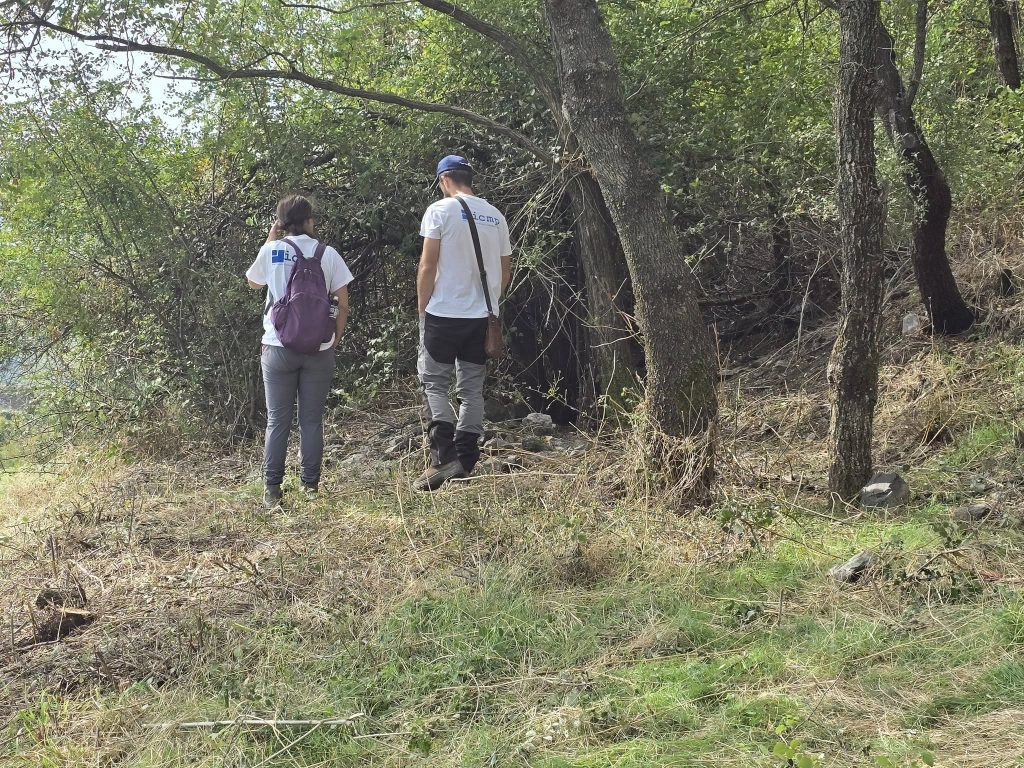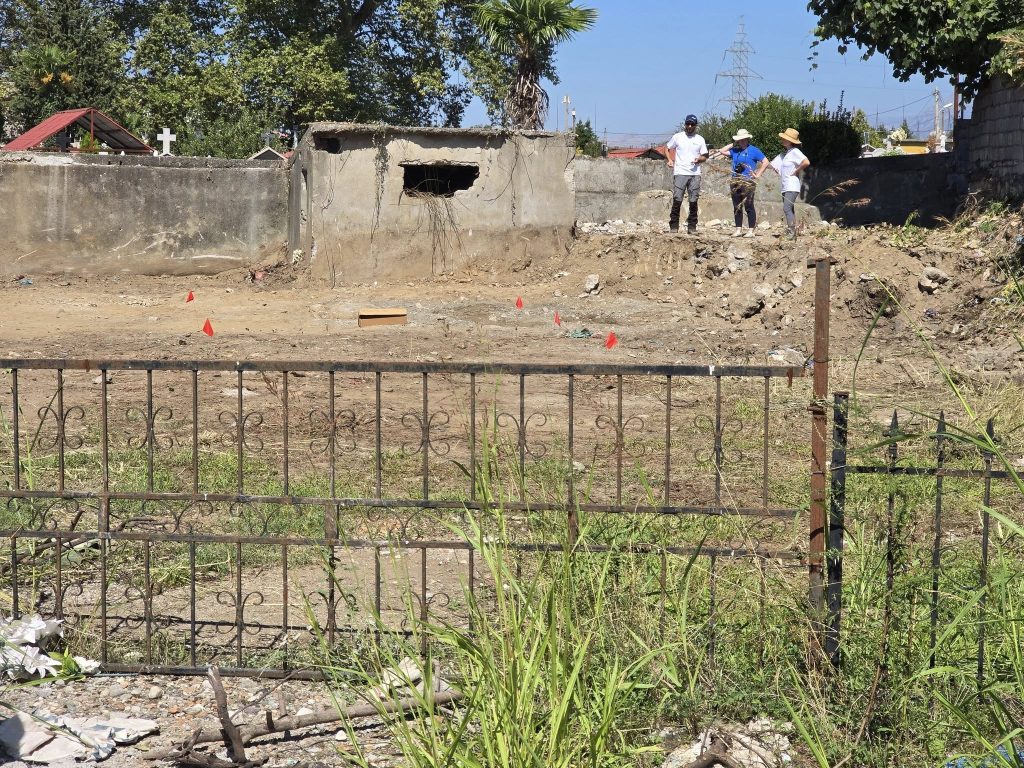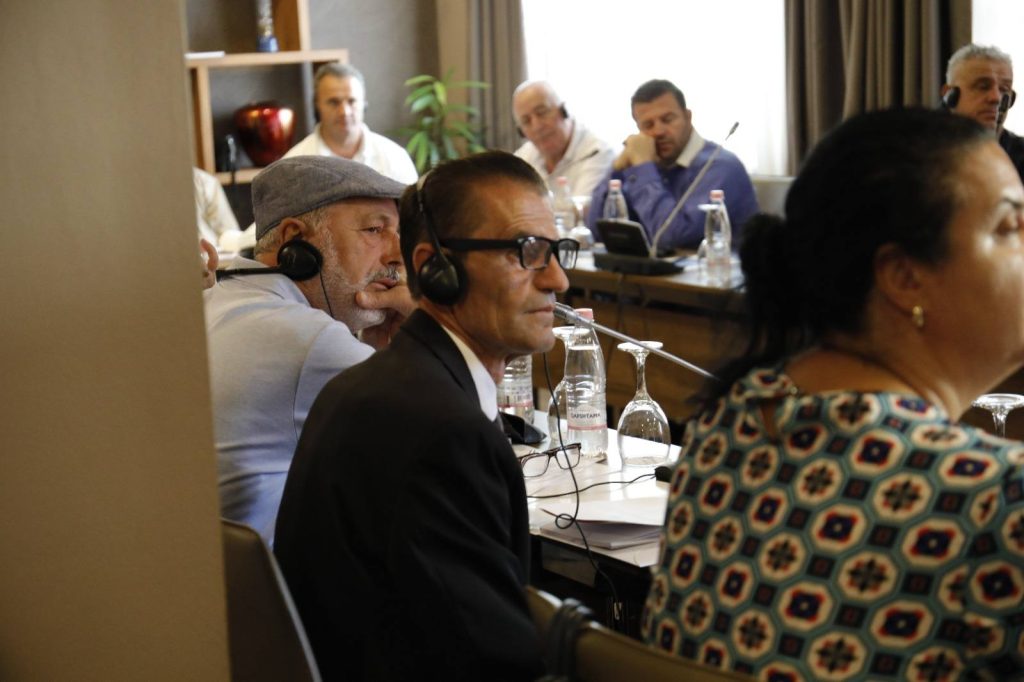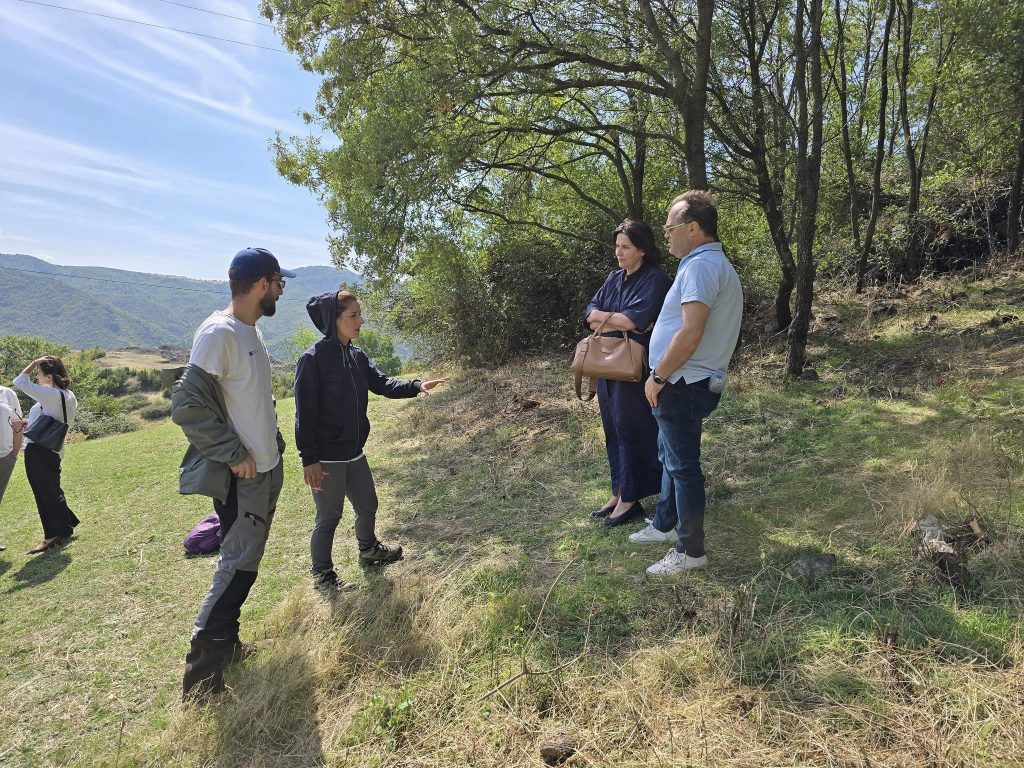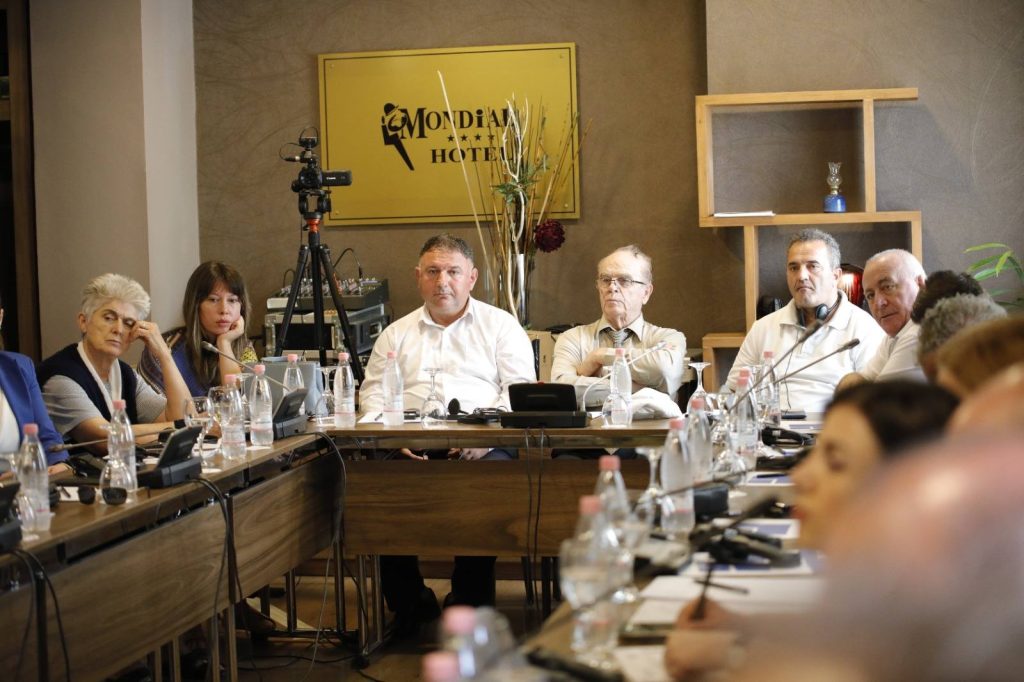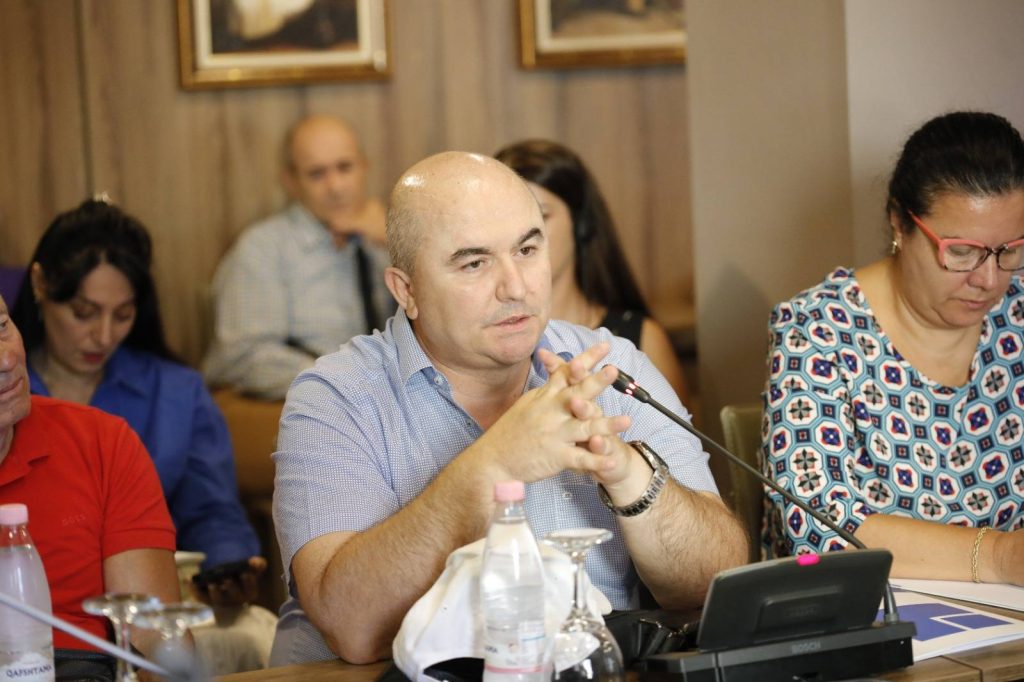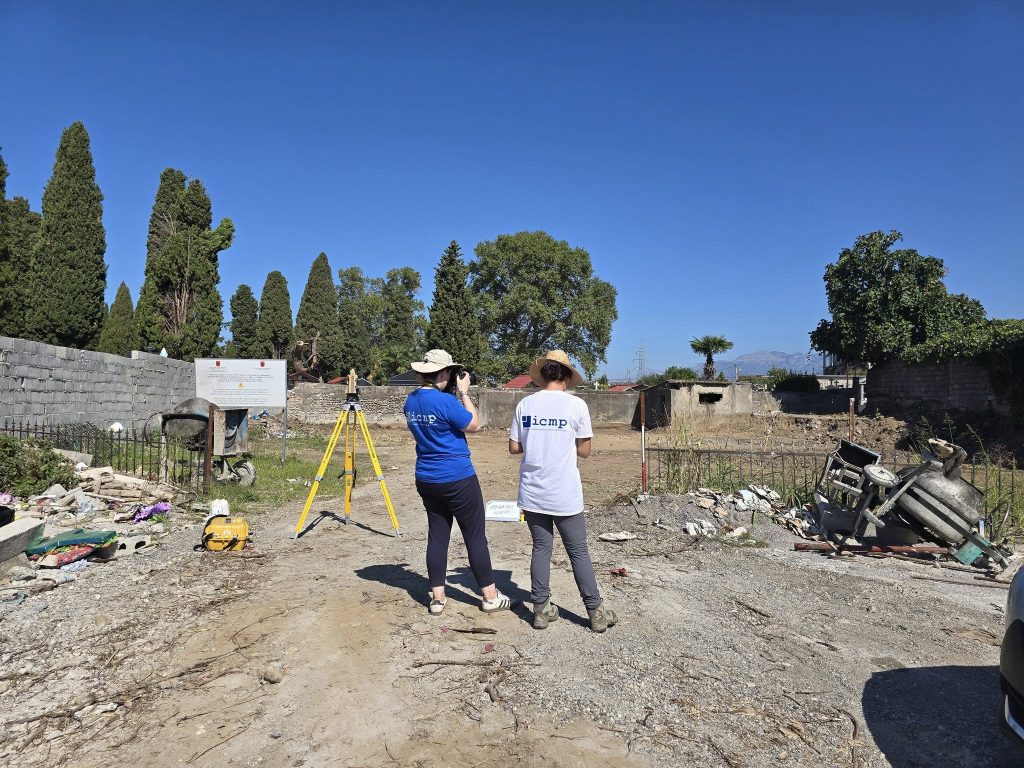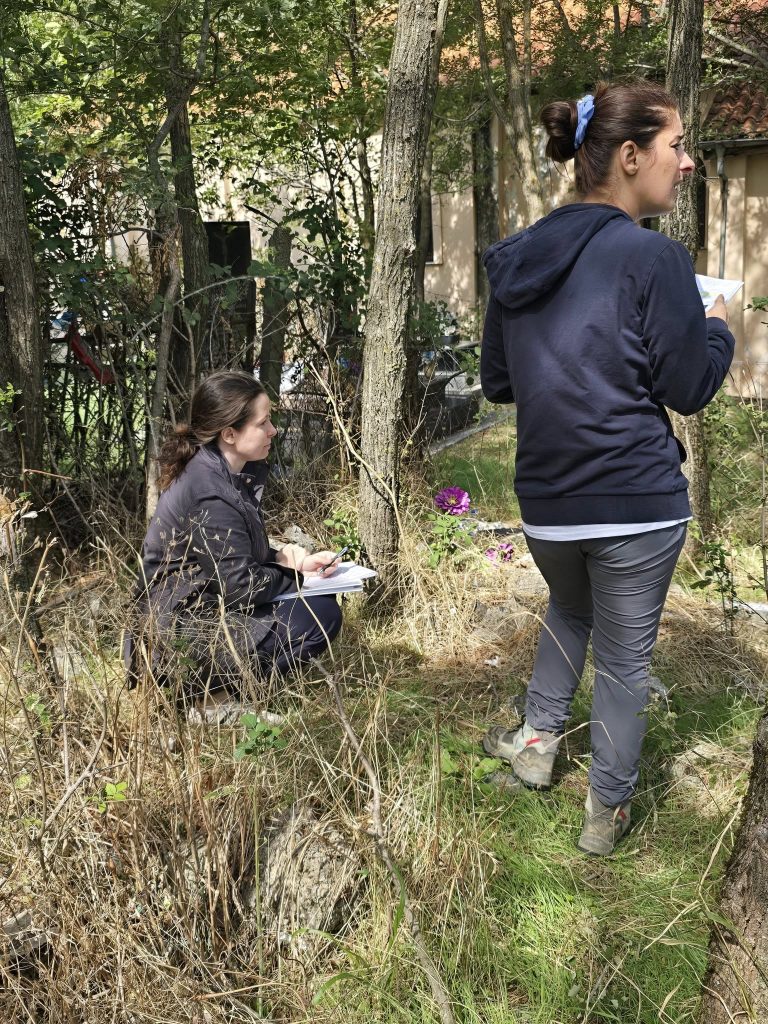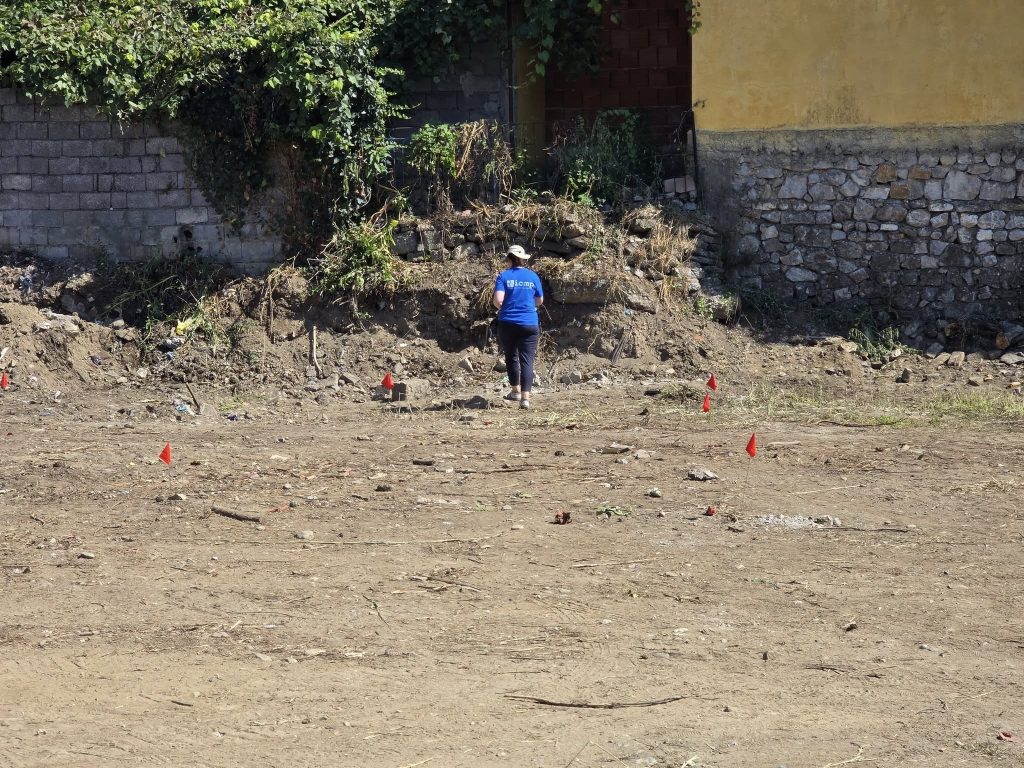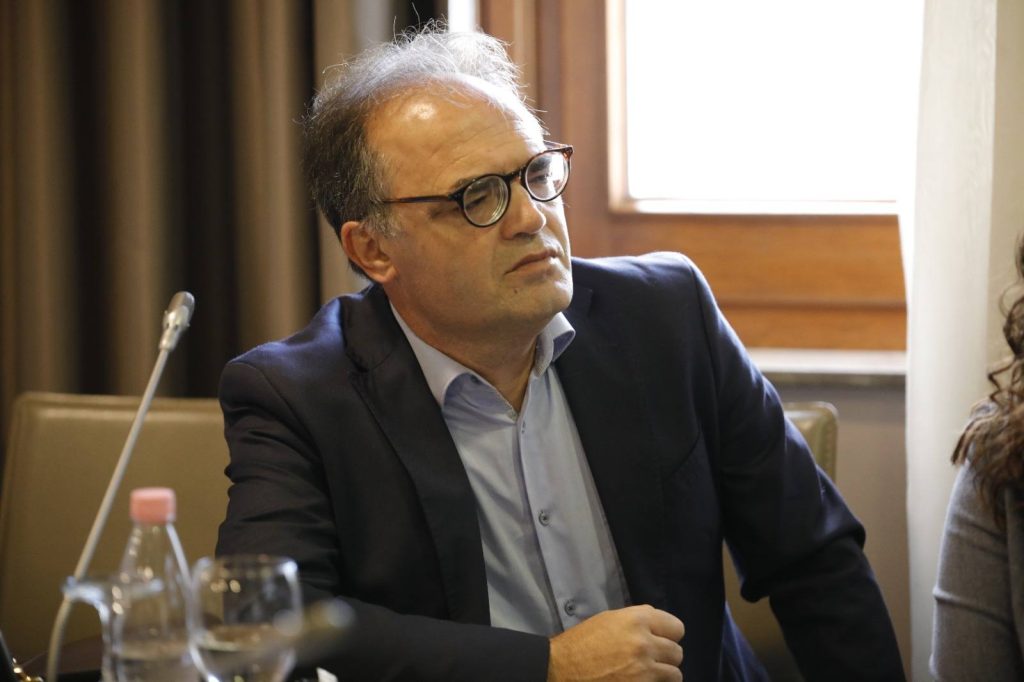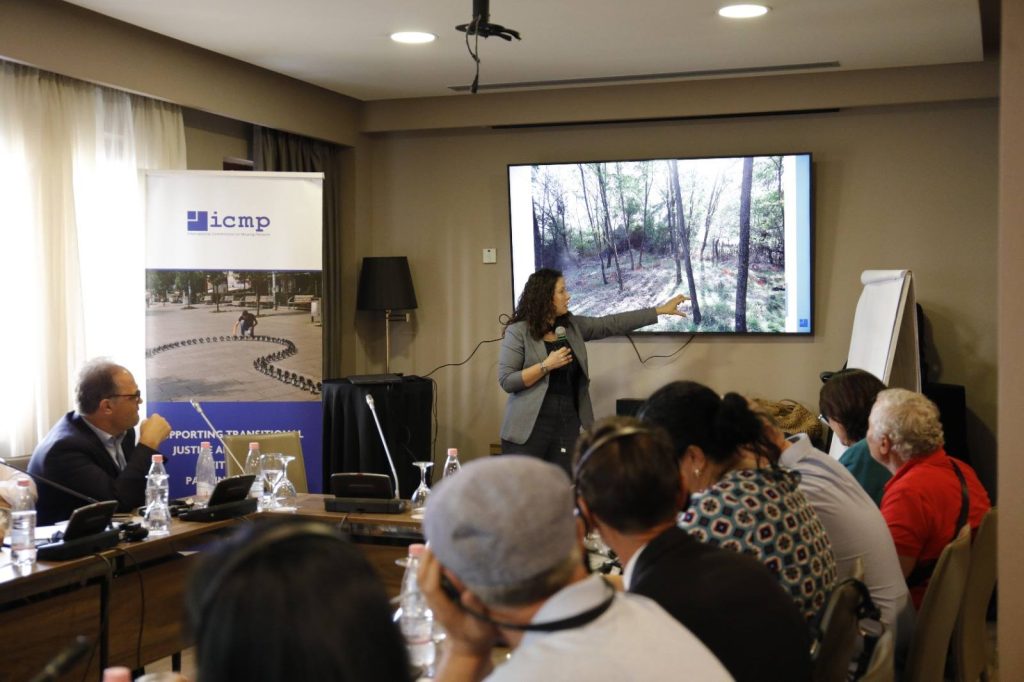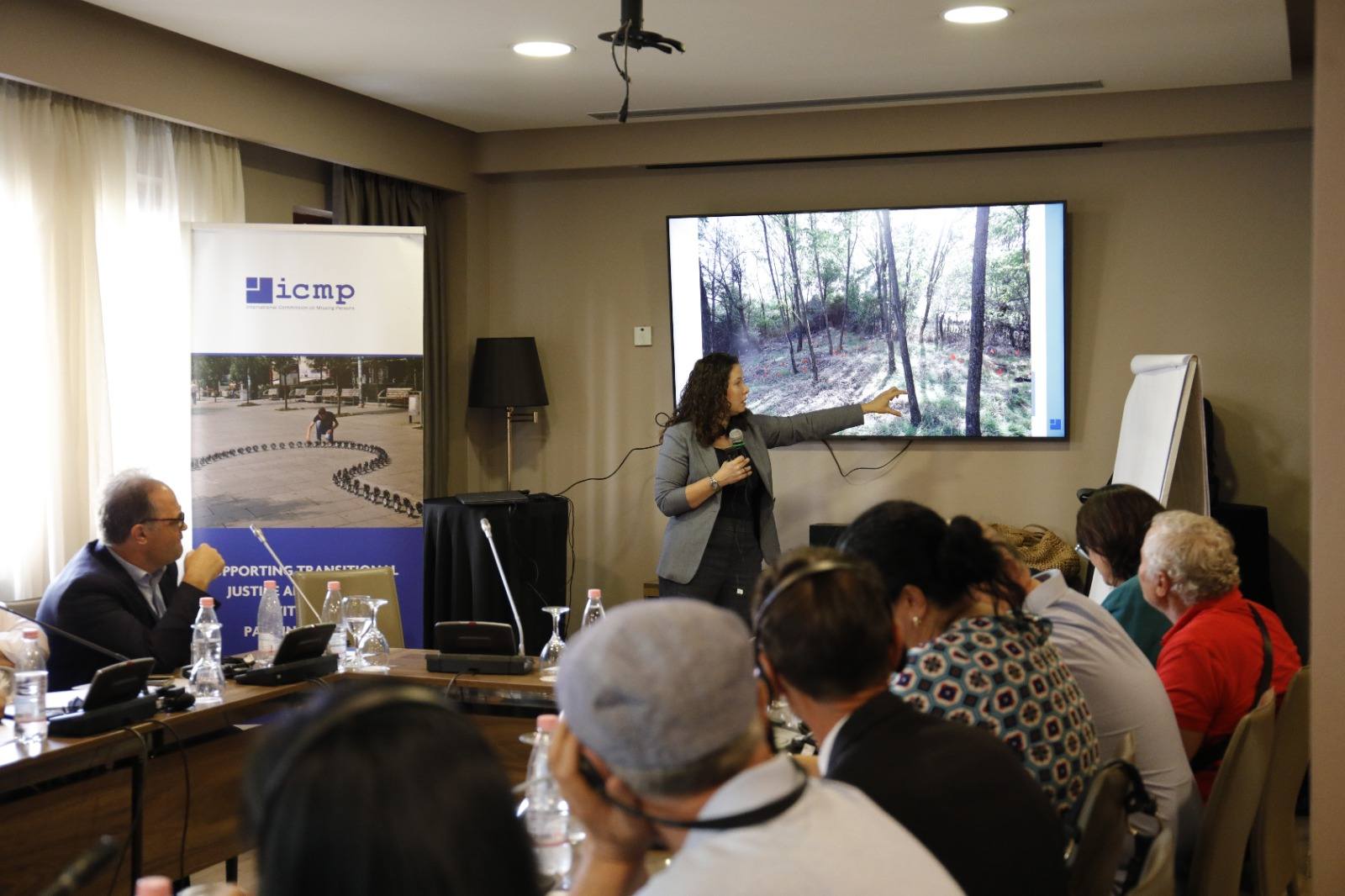Within the framework of the project ‘Support to Transitional Justice and Confronting the Past in Albania’, on September 24, 2024, at the premises of Hotel Mondial in Tirana, a meeting was held to present the findings of the first expeditions carried out by ICMP (International Commission on Missing Persons) and the Authority for Information on the Former State Security Files, at six suspected locations, part of a list of around 120 identified burial sites.
The meeting was greeted by The Chairwoman of the Authority,Ms. Gentiana Sula, who thanked ICMP and the European Union for their logistical and financial support in the process of identifying and surveying suspected burial sites using contemporary scientific methods
She emphasized that this is an important step in the efforts to locate the remains of the missing and those killed during the communist period, noting that so far around 400 applications have been registered from the victims’ family members.
In his speech, Mr. Luigj Ndou, representative of #ICMPpresented the work of the team of archaeologists and anthropologists, who conducted surveys at six suspected burial sites in Shkodër, Mirditë, Vlorë, Himarë, and Kolonjë, while the final reports will be submitted to the relevant authorities in December 2025.
#Members of the Authority’s Mr. Altin Hoxha and Mr. Gjergj Marku emphasized the importance of institutional cooperation among the Ministry of Interior, the Ministry of Justice, the General Prosecutor’s Office, and local authorities, as both a legal and moral obligation toward the families who have suffered losses.
Mr. Luan Ismaili, project coordinator/specialist” #AIDSSH_ICMP and the database, gave a detailed presentation of the concrete steps taken for the selection of the six burial sites: the Rrmaj Cemeteries in Shkodër, two sites in the village of Shpal in Mirditë, one site in Selenicë, Vlorë, one in Shën Vasil in Himarë, and one in Shelegur, in the district of Kolonjë. He described the administrative actions undertaken, including the collection of testimonies from family members or knowledgeable individuals, the study of former Sigurimi documents and cross-referencing of data, meetings with representatives of the respective municipalities and communes, the complexity and challenges of the process, and so on.
Next, Ms. Sandra Sostaric , #coordinatorrepresentative from #ICMPshe presented firsthand the findings of the expedition, which was based on contacts with community representatives and on close surveys and photographs of the terrain, which in some cases was broken and difficult to access. She analyzed each of the suspected burial sites individually, providing tailored recommendations for each based on the specific characteristics and challenges of each case.
Some of the issues that need to be taken into account during interventions include the complexity of the terrain, the urgency of action due to water flows or streams that may cause landslides, the relocation of any structures built nearby that make excavation impossible, land ownership problems, excavation at shallow depths using small digging machinery, and the management of findings while DNA analyses are carried out to identify individuals based on the database, among others.
The meeting was attended by representatives State Police, local authorities, organizations of former persecuted persons, and other institutional actors, who appreciated the initiative and emphasized the need to extend these methods to other suspected burial sites.
The Chairwoman of the Authority,she assured those present of AIDSSH’s full commitment to presenting and conveying the work carried out to the competent structures, with the aim of advancing this process—one as delicate as it is sensitive—closely linked to collective memory and transitional justice.
She reiterated that the process of searching for the remains of the missing is a long and sensitive journey that began with field surveys at six suspected burial sites, aimed at determining the conditions, challenges, and necessary next steps, but which will continue with the expansion of searches to other locations.
She said at the conclusion of the event that the identification of the remains requires a further scientific process, which includes specialized excavations, DNA analysis, and documentary verification, to be carried out on an ongoing basis.
This is only the beginning of a long-term effort aimed at delivering concrete results for the families and for society.
#themissing#ICMP#AuthorityOfFiles#GentianaSulaOfficialPage,Gentiana Mara Sula,Gjergj Marku,European Union in AlbaniaInternational Commission on Missing Persons – ICMP,, Nertila Seitaj#LuanIsmaili,Agron Hoxha
